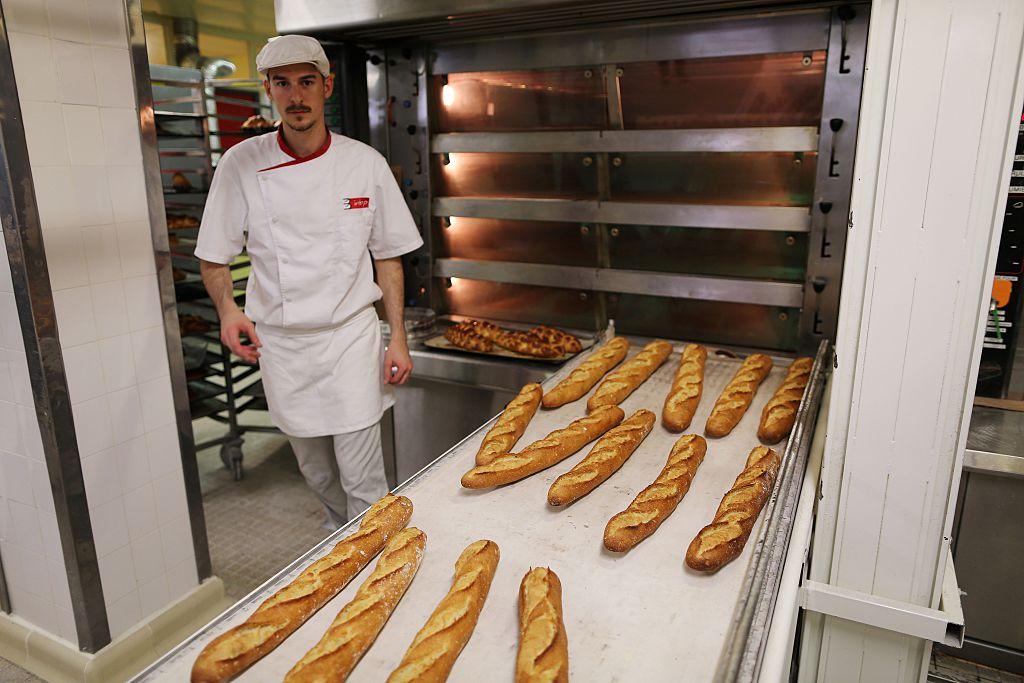Fiercely proud French bakers, fearing their artisanal expertise is under threat from poor-quality, mass-produced bread, are pushing for the traditional French baguette to be recognized by UNESCO as a piece of intangible cultural heritage.
Man may not live by bread alone, but the iconic French stick is a mainstay of meals across the country, from homes to corner cafes to the elegant tables of the Élysée Presidential Palace.






